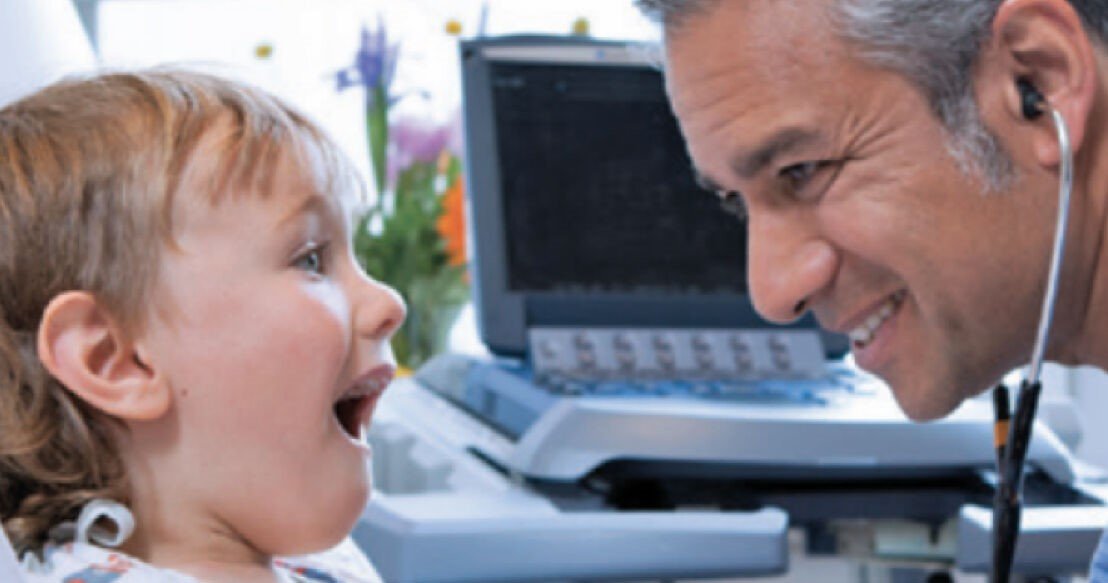
Indian American-led Health Tech Startup Offers ‘Expert at Your Fingertips’ to Address Nursing, COVID-19 Crises
Elemeno, a health tech startup founded by Indian American Dr. Arup Roy Burman, is providing a mobile microlearning platform to help improve frontline resilience and addressing the nursing and COVID-19 crises nationwide. “As an ICU doctor at several prominent Bay Area hospitals, I sadly continued to see patients dying from medical errors,” Roy-Burman told India-West. (elemenohealth.com photo)
By GIOVANNI ALBANESE Jr./India-West Staff Reporter
An Indian American-led health app is helping to address the national nursing and COVID-19 crises nationwide by providing a mobile microlearning platform.
Led by founder Dr. Arup Roy Burman, Elemeno, a bite-sized app, is like an “expert at your fingertips” with lifesaving information and continuously updated practices, essential patient care and COVID management data available on-demand.
Roy-Burman was inspired to found Elemeno by the loss of his younger sister to a medical error at age 4, the details of which he disclosed on LinkedIn (see post here https://bit.ly/2WXMunU.
“My sister Urmila … inspired me to become a physician in pediatrics, and critical care, ultimately caring for children with congenital heart disease. As an ICU doctor at several prominent Bay Area hospitals, I sadly continued to see patients dying from medical errors,” Roy-Burman told India-West. “So together with bedside nurses and staff, we developed a solution to empower our frontlines with actionable best practices readily accessible at their fingertips.”
Elemeno, a cloud-based team training and communication solution developed by bedside nurses and doctors, equips frontline staff with real-time patient care and self-care support. Team leaders readily deliver the latest best practices at the point of care in bite-size microlearning (custom video, decision guides, text), accessible to staff on any device, 24/7. A feedback loop allows measurement of staff engagement, including identification of staff needs. Wellness resources and gratitude sharing deliver personal and peer support on-demand.
Academic institutions and community hospitals nationally are using this new microlearning app on their mobile devices to equip their nurses for success, keeping them one step ahead of constantly changing information specific to their own department and team, according to the company.
The team app is also helping with communication, onboarding and wellness, to counter burnout and turnover, it said.
“It’s critical that all medical staff have the latest information to know that they are doing the right thing, both for their patients, and for themselves. Informed staff are secure staff. Their resilience is essential to the longevity of the healthcare workforce,” Roy-Burman told India-West.
Roy-Burman, also an associate professor of pediatrics at U.C. San Francisco, has been practicing critical care medicine for 20 years. With a career spanning UCSF, Stanford, Children’s Hospital Oakland and Kaiser Permanente, he understands how healthcare systems work and how to engage teams for successful outcomes, his bio notes
While medical director of the ICU at UCSF Benioff Children’s Hospital, Roy-Burman developed a prototype cloud-based application designed to empower nurses at the point of care.
With early results decreasing patient harm and reducing hospital costs, and a desire to democratize access to best practices and transform patient safety across the industry, he founded Elemeno Health, the bio notes.
He has previously served as director of transport and access for UCSF Benioff Children’s Hospital, as well as assistant medical director at both REACH and CALSTAR air ambulance services.
Roy-Burman has a long history in global health, including co-founding the Roatan Volunteer Pediatric Clinic in Roatan, Honduras, serving over 70,000 patient-visits, and is past Chair of the Board of Directors of 501(c)3 Global Healing, it said.
He developed a prototype for Elemeno from 2012 to 2016 while working full-time at UCSF, building the prototype using Salesforce, which was partnering with UCSF to see how the cloud could be leveraged in healthcare, he said.
Elemeno was launched as a spin-off from UCSF in 2016. The commercial product launched in 2017.
The doctor says that more than 100,000 have benefitted from Elemeno to date, and that number is continually growing. Additionally, medical errors have been trimmed by more than 50 percent for its clients, he said.
In time, Roy-Burman hopes Elemeno will be the go-to-network for frontline best practices, worldwide.
“We aim to radically reduce medical errors, democratize access to best practices, and enable every healthcare provider to deliver the safest care possible to every life they touch,” he said.
The doctor notes that the COVID-19 pandemic “has highlighted stronger than ever the critical value of our frontline healthcare workers.” Healthcare is delivered by people, not technology. Nursing by definition is all about person-to-person touch, he notes.
“Our healthcare workers are overwhelmed. Healthcare complexity is growing at an exponential pace. Traditional training and support methodologies are stuck in the last century,” he adds. “We have a growing gap between what we collectively know (as an institution), and what we actually do. The end results are not only practice variation and errors, but also burnout. Our frontline staff are not equipped to succeed.”
At Elemeno, Roy-Burman notes, they leverage technology to give each caregiver an “expert in their pocket,” to virtually coach them in the moment, at the point of care, wherever and whenever needed most.
“And importantly, as healthcare is local, our system directly empowers each team leader to deliver the custom content they want to keep their frontlines on the same page with continually evolving practices specific to their own local resources and environment,” he said. “When staff are equipped correctly, they are able to succeed – and that means happier staff, and safer patients.”




